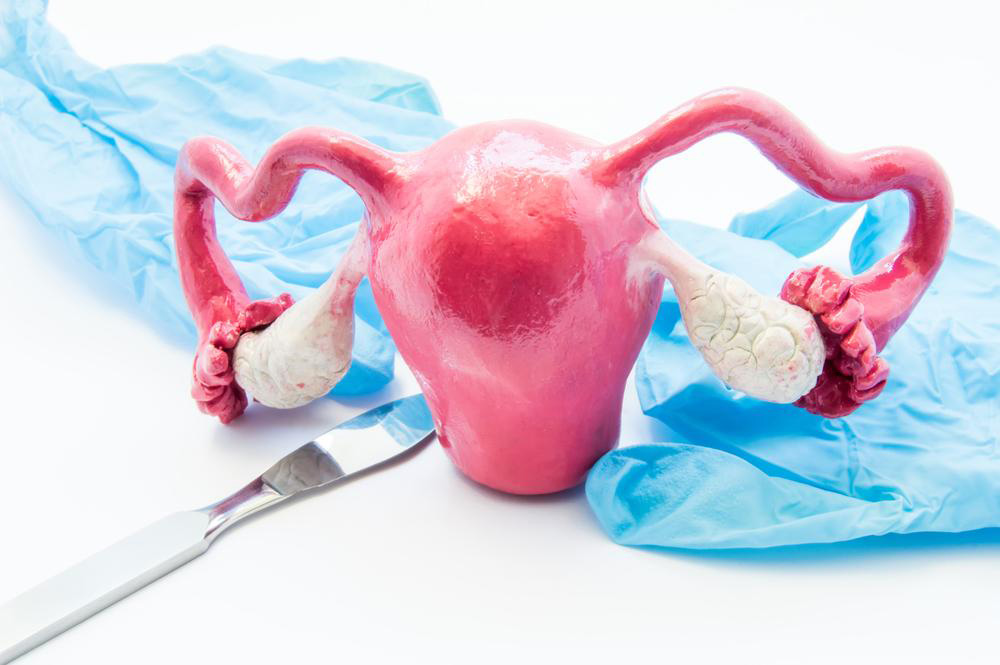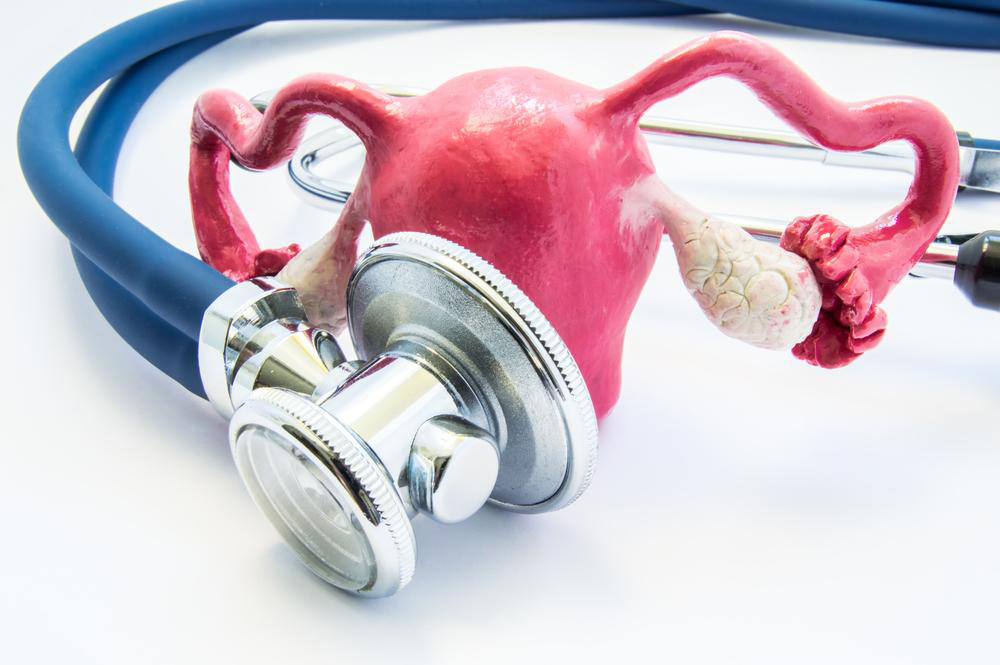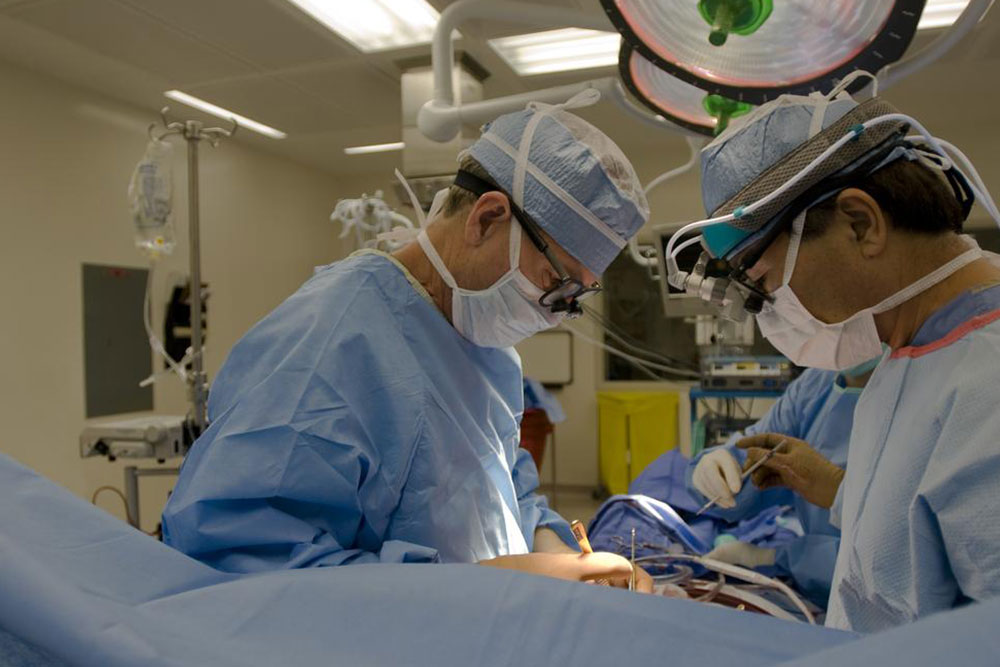Understanding the Risks Associated with Tubal Reversal Procedures
This article outlines the main risks linked to tubal reversal surgery, including ectopic pregnancies, infections, and bleeding complications. It emphasizes the importance of medical supervision post-operation and highlights signs of potential issues to watch for. While generally safe, understanding these risks helps women make informed decisions about restoring fertility after tubal ligation. Consulting a healthcare professional is essential for personalized advice and safe recovery. The article offers practical insights into what to expect and when to seek medical help after surgery.

Understanding the Risks Associated with Tubal Reversal Procedures
Many women who decide to undo tubal ligation opt for tubal reversal surgery, but it’s important to be aware of potential complications. Like any surgical procedure, tubal reversal carries certain risks that should be considered before proceeding. Here, we highlight some common concerns and possible side effects.
Increased Risk of Ectopic Pregnancy
Tubal reversal surgeries are linked to a higher likelihood of ectopic pregnancies, where the embryo implants outside the uterus. If pregnancy occurs post-surgery, regular monitoring of HCG levels and ultrasounds are essential to ensure proper embryo placement.
Postoperative Infection
Approximately 5% of patients may develop infections at the surgical site within 30 days. These infections typically result from microorganism invasion, which can happen if proper sterilization procedures are not followed. Symptoms include fever, redness, swelling, pain, and delayed healing, requiring prompt medical attention.
Bleeding Concerns
Bleeding is a normal part of surgical recovery, but excessive bleeding could be dangerous. In rare cases, blood transfusions might be necessary, and uncontrolled bleeding could be fatal. Signs of problematic bleeding include heavy flow exceeding menstrual bleeding or frequent pad changes. Paramedical attention should be sought immediately if such symptoms occur, especially since tubal reversal is generally outpatient and doesn't require overnight stay.
Important Reminder:
Our blog provides informative content and research-based insights for general guidance. However, readers are advised to consult healthcare professionals for personalized advice. The website disclaimers highlight that information may vary and should not replace medical consultation or be considered conclusive. Additionally, some offers or schemes discussed may not be available everywhere.









